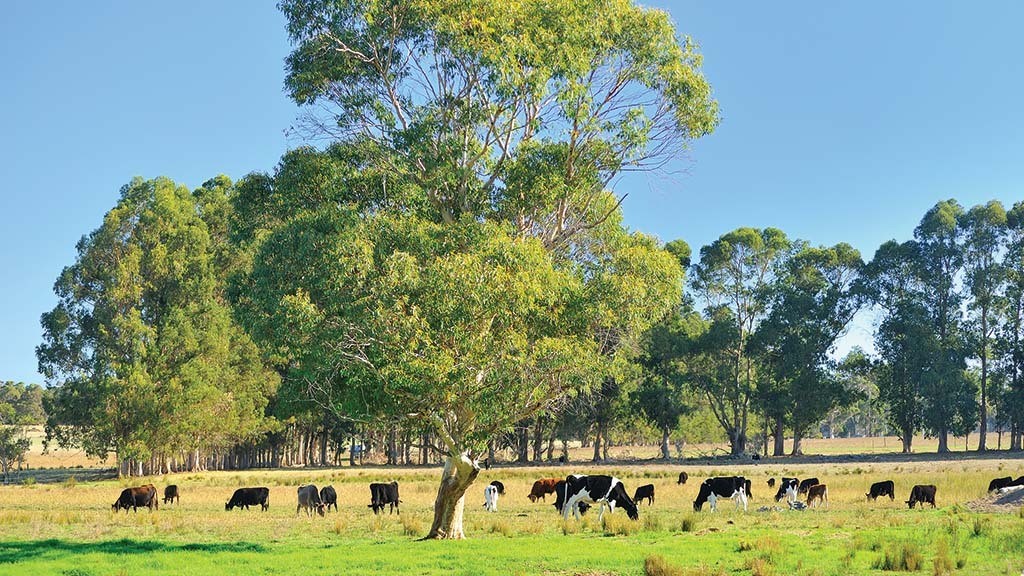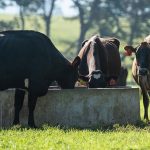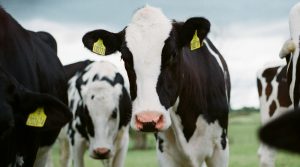
The code, which came into effect on January 1, introduced clear laws about how farmers and processors should conduct their business relationship to help ‘rebalance bargaining power and improve transparency in transactions’.
It came after nearly 500 Australian dairy farmers exited the industry in 2019 due to high cost of productions outweighing the market price and making their businesses unsustainable.
Australian Minister for agriculture, David Littleproud, said: “The June 1 requirement provides dairy processors with the opportunity to show they are supporting farmers by offering a fair milk price and new contracts that meet the requirements of the code, including by inserting clear dispute resolution processes in case disagreements occur.
“I encourage farmers to take note of the agreements once they are published and compare the agreements offered by different processors.”
By June 1 each year, Australian processors must publish standard form agreements for every supply arrangement they propose to offer for the coming financial year, and include a minimum price.
But, this does not require processors to offer a certain price for a farmer’s milk, such as a ‘price that exceeds cost of production’.
The code stipulates milk supply agreements must not allow a processor to unilaterally vary the contract, except to the ‘extent necessary to comply with a change in the law’.
A further specification of the code is ‘good faith obligation’, where all parties are required to negotiate and exercise their rights ‘honestly, reasonably and not arbitrary’ in relation to the supply of milk, even if agreements were entered before the code came into effect.
Breaches of the code may result in ‘enforcement action by the ACCC’.
NFU dairy board chairman, Michael Oakes, said the union had been looking closely at the Australian model as part of its own work on mandatory contract terms.
He said: “Dairy farmers want to place themselves in a more sustainable position for the long-term and dairy contracts are at the heart of this.
“We have been monitoring closely what has been done in Australia. Although we recognise that our dairy market has some differences, there are definitely some lessons to be learned from the experience in Australia, and other European countries where they have regulated dairy contracts.”
The Government has been looking at the issue for the past two years, since a review of supply chain fairness by the Grocery Code Adjudicator found that there was an uneven distribution of power within the UK dairy supply chain.
Mr Oakes added: “During the coronavirus crisis we have seen a significant number of cases where farmers have borne a disproportionate amount of the cost in the supply chain, as the risks within the marketplace were shunted down to farm level at an alarming pace.
“We would encourage everyone involved in the dairy sector to get involved in the consultation once it is released, as a once in a generation opportunity to build a better future for the UK dairy sector.”























